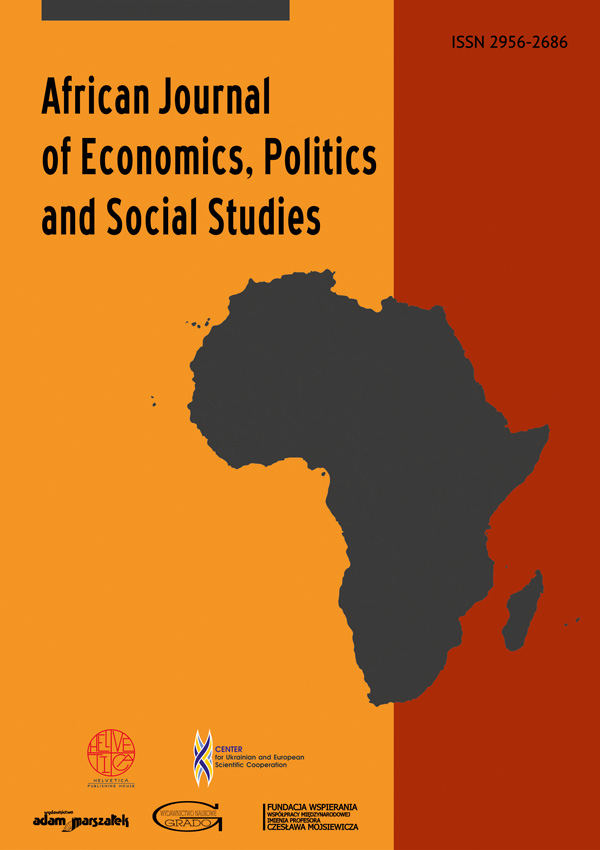The Relationship Between Certain African Cultural Practices and Innovation Potential. A Case Study of Southwest Nigeria Cultural Practice
The Relationship Between Certain African Cultural Practices and Innovation Potential. A Case Study of Southwest Nigeria Cultural Practice
Author(s): Tade Daniel OmotoshoSubject(s): Cultural Anthropology / Ethnology, Social development, Sociology of Culture, Economic development
Published by: Wydawnictwo Adam Marszałek
Keywords: Innovation; Cultural Practice; Development; Creativity; Society; Africa; Curiosity;
Summary/Abstract: Innovation is one of the key factors for growth and development in any society. However, there are many factors that can potentially impede innovation capacity. One of them is culture; this study has investigated how some African cultural practices can affect innovation potential. The author has taking into consideration such practices like prostrating, kneeling, bowing to show respect when greeting, and the perception that asking questions / been curious is impolite and disrespectful. Innovation can be triggered by curiosity and the desire to try new things; hence this research is an attempt to understand how intellectual curiosity and creativity can be stifled as a result of excessive adherence to certain cultural practices. The survey design used to collect primary data for the research featured 57 questions with total respondents of 502. Logistic regression was used to measure the predictive power and the degree to which the independent variables affected the target variable. 65% of respondents asserted that they grew up learning to be curious and had the cultural privilege to ask questions around older people. The study shows a positive relationship between growing up curious, asking questions around older people, and being potentially innovative while other cultural practices like showing respect by prostrating, kneeling, bowing, curiosity and not challenging traditional practices shows a negative relationship with innovation potential with the highest negative correlation value. However, this does not suggest that the continuous observance of these practices suppresses people’s innovation potential because correlation does not imply causation. The findings in this study implies that for Africa and Nigeria to become more competitive with respect to innovation potential, it must embrace and prioritize an open culture that eliminates subjugation in any form, one that values curiosity, out of the box thinking and creativity.
Journal: African Journal of Economics, Politics and Social Studies
- Issue Year: 1/2022
- Issue No: 1
- Page Range: 89-96
- Page Count: 8
- Language: English

